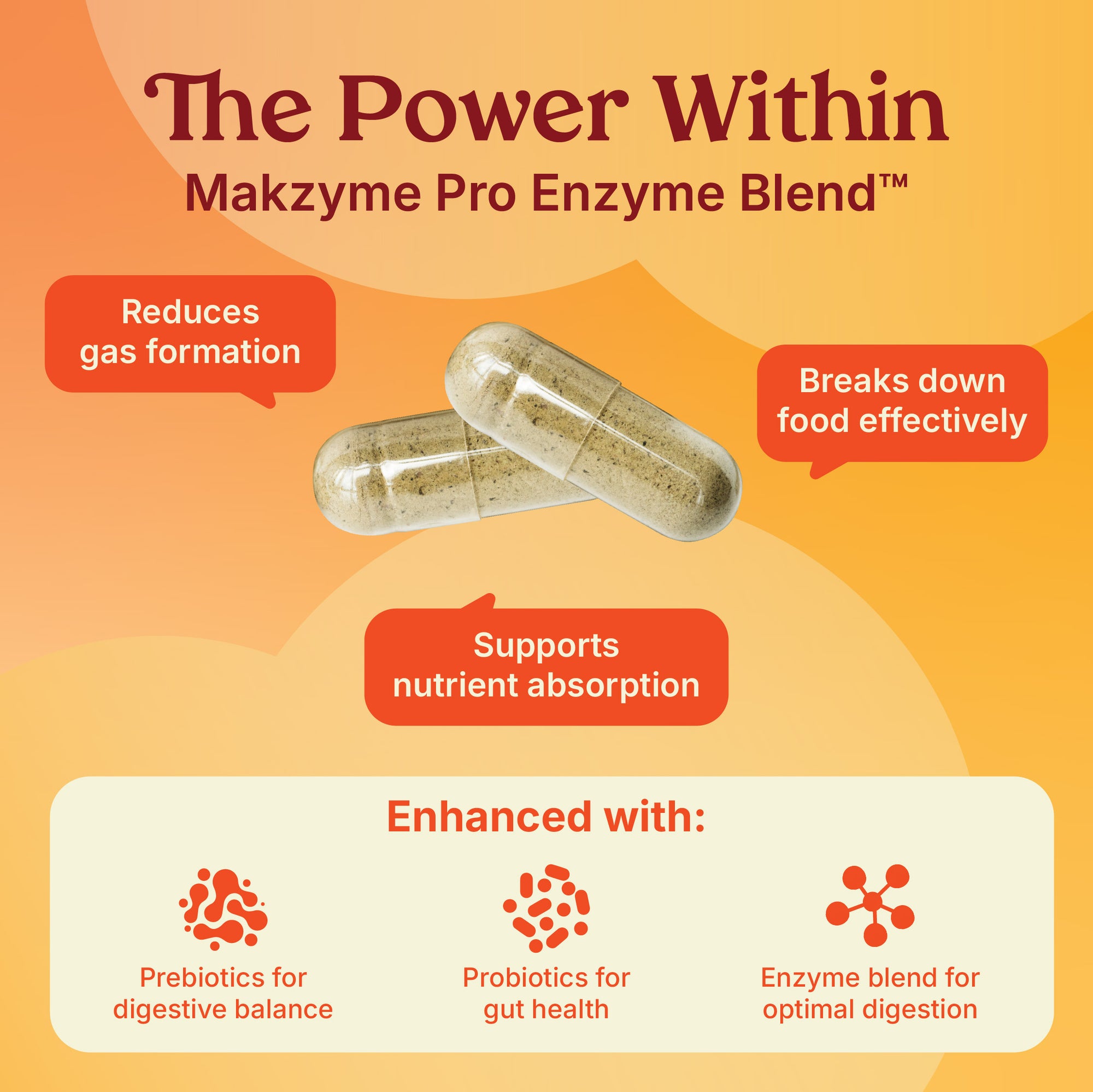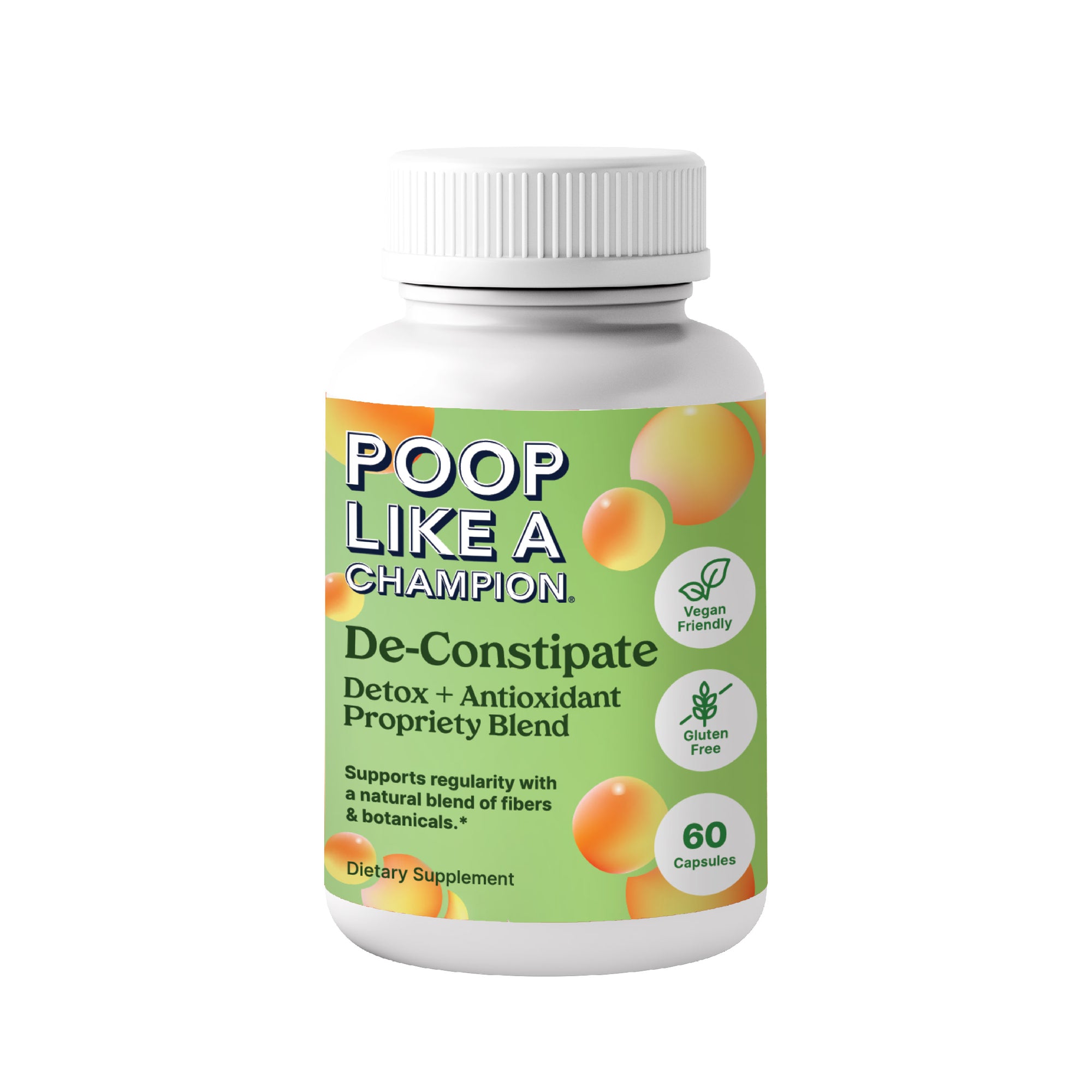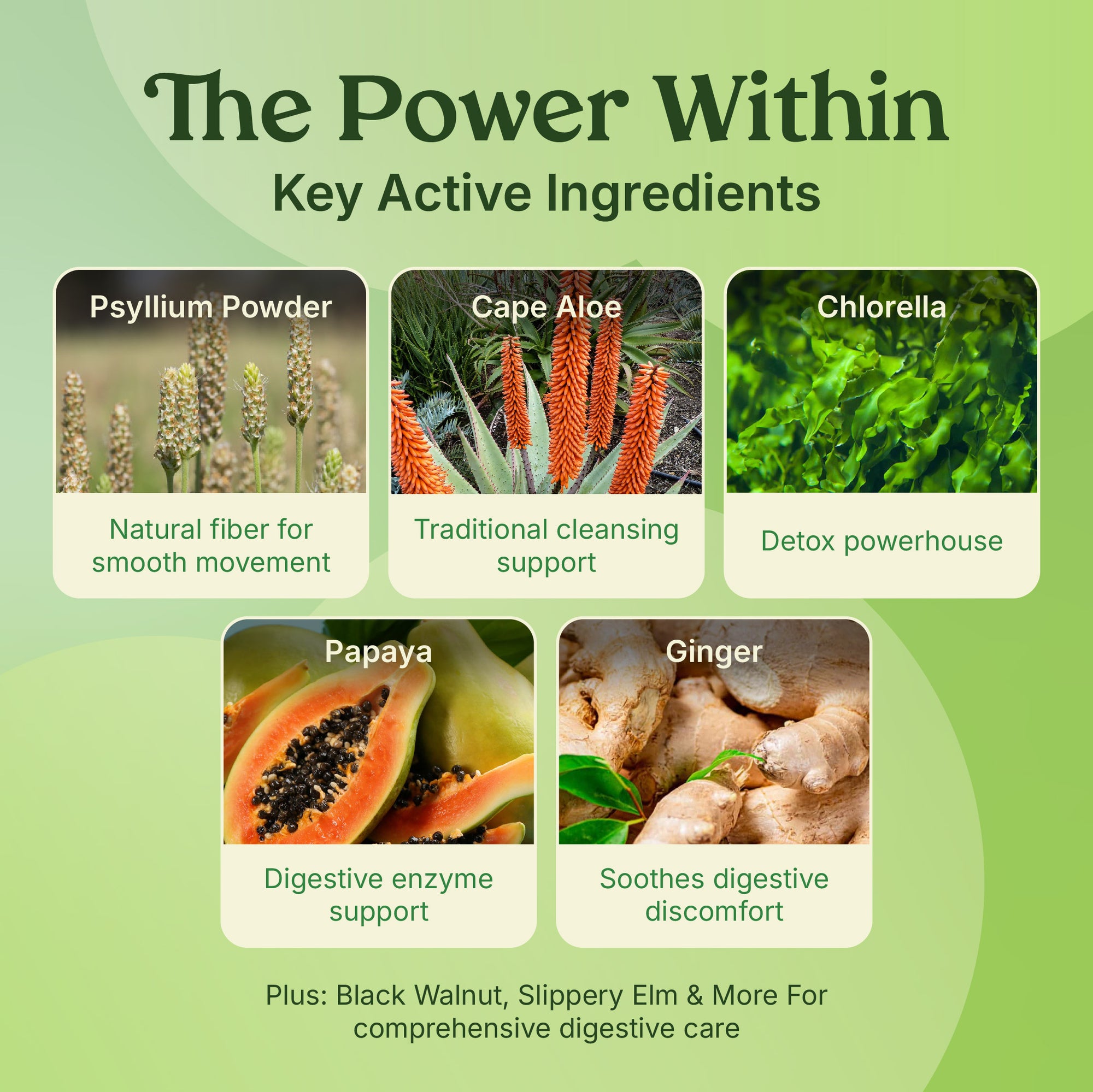

Celebrating World Digestive Health Day: A Guide to Common Digestive Disorders
Every year, World Digestive Health Day brings awareness to the issues related to digestive health and disorders.
Digestive disorders come in many forms, from food intolerances and allergies to chronic digestive diseases. They can be mild and manageable or serious and life-altering. No matter where you fall on that spectrum, understanding what’s going on in your body is a major step in improving your experience.
To commemorate this day, let’s explore some of the most common digestive disorders, their symptoms and causes, diagnosis options, treatment plans, and lifestyle modifications. It's time to get informed and reclaim control of your digestive health!
Gastroesophageal Reflux Disease (GERD): Causes, Symptoms and Treatment
Gastroesophageal Reflux Disease (GERD) is a common digestive disorder that occurs when acid in the stomach rises up into the esophagus. This acid can cause heartburn and other uncomfortable symptoms. More than 60 million adult Americans suffer from symptoms of heartburn at least once a month and over 25 million experience heartburn daily.
Common causes of GERD are obesity, eating a large meal close to bedtime, or eating certain foods like tomatoes and citrus fruits. Symptoms include burning chest pain, difficulty swallowing, feeling bloated after eating, and hoarseness or sore throat. Other complications may require medical attention if left untreated, such as Barrett’s esophagus, which can increase your risk for cancer.
Treatment for GERD can vary depending on the severity of your condition. Over the counter medications such as antacids can help with heartburn symptoms but stronger medication is needed for more severe cases. Diet modifications like avoiding triggering foods and maintaining a healthy weight may also help improve your symptoms. If you feel like you have intermittent bouts of heartburn or other discomfort in your digestive system, it’s important to talk to your doctor to figure out what kind of treatment would be right for you.
Irritable Bowel Syndrome (IBS): Managing a Sensitive Gut
When it comes to a sensitive gut, IBS is one of the most common conditions to be aware of. It's a chronic condition that affects your large intestine, resulting in abdominal pain and discomfort, cramping, bloating, gassiness, and changes in your bowel habits.
Common triggers for IBS may involve eating certain foods that irritate your digestive tract or it could be related to stress. That's why it's important to take steps to manage both your diet and stress levels if you know you suffer from this condition.
For managing IBS symptoms, the goal is to reduce pro-inflammatory foods by avoiding refined carbohydrates, dairy products, artificial sweeteners and preservatives in processed food. Instead of these items, focus on consuming fresh fruits and vegetables, whole grains and lean proteins for better digestive health. And don't forget that regular exercise can help improve gut health by reducing stress levels as well as regularity of bowel movements.
Inflammatory Bowel Disease (IBD): Crohn's Disease and Ulcerative Colitis
Inflammatory bowel disease (IBD) is an umbrella term used for two chronic disorders that affect the digestive system—namely, Crohn’s disease and ulcerative colitis.
Crohn's disease is a condition that primarily affects the digestive system, both on its outer and inner levels. It often causes persistent inflammation in the small intestine, but can occur anywhere from the mouth to the large intestine. Common symptoms of Crohn’s disease are abdominal cramps, diarrhea, fever, rectal bleeding, weight loss, fatigue and joint pain.
On the other hand, Ulcerative colitis is a type of IBD which primarily affects the lining of the colon or large intestine. It is characterized by inflammation and ulcers in the innermost lining of this organ. Common symptoms include bloody stools, abdominal pain or cramps, anemia, unintentional weight loss, fatigue and appetite changes.
Diagnosis of IBD includes physical examination and relevant tests like endoscopy and biopsy procedures. Treatment usually involves a combination of medications including anti-inflammatories as well as lifestyle modifications such as following a balanced diet to reduce inflammation throughout the body.
Celiac Disease
Celiac disease is an autoimmune disorder that's triggered by the ingestion of gluten. It's estimated that 1 in 100 people suffer from this condition worldwide, but only about 30% are properly diagnosed. People with celiac disease have an intolerance to the protein component in wheat, which is called gluten.
When someone with celiac disease eats gluten, their immune system begins to attack the lining of their small intestine. Over time, this can cause serious digestive problems, including poor nutrient absorption and frequent diarrhea.
If you suspect you might have celiac disease, your doctor may recommend that you undergo a series of tests, such as a biopsy procedure or blood test. If you are diagnosed with celiac disease, the only way to manage it and protect your digestive health is to commit to eating a 100% gluten-free diet for life.
Fortunately, there are many delicious options available today — from gluten-free bread and pasta to specialty baked goods and snacks — that make going gluten-free easier than ever before! Additionally, taking probiotic supplements can help promote digestive health and improve overall gut balance while on a gluten-free diet.
Other Common Digestive Issues: Diverticulitis, Gallstones and Hemorrhoids
Not only is GERD, IBS and IBD common throughout the world, but other digestive issues can cause significant discomfort. For instance, diverticulitis occurs when pouches form in the colon and become infected or inflamed. Symptoms include cramping, bloating, constipation or frequent diarrhea. Gallstones are also a contributing factor to digestive discomfort. They occur when multiple small stones form in your gallbladder. Symptoms include pain in the right side of your abdomen, fever, chills and/or jaundice. Finally, hemorrhoids are a another common condition that can lead to digestive problems. They are swollen veins located in your anal canal and rectum, and they are typically caused by straining during bowel movements. Symptoms include itching and irritation around the anus and bleeding during bowel movements.
Importance of Digestive and Gut Health
Here are some key reasons why digestive and gut health play a crucial role in overall well-being and maintaining a healthy body:
- Nutrient Absorption: The digestive system breaks down food into nutrients that the body can absorb and utilize. A healthy gut ensures efficient absorption of essential nutrients, including vitamins, minerals, and macronutrients, which are vital for energy production, growth, and overall bodily functions.
- Immune System Function: A significant portion of the immune system resides in the gut. A healthy gut microbiome, which consists of trillions of beneficial bacteria, helps regulate immune responses and defend against harmful pathogens. Good gut health strengthens the immune system and contributes to overall immune function.
- Digestive Comfort and Regularity: Optimal digestive health promotes regular bowel movements and prevents issues like constipation, diarrhea, bloating, and abdominal discomfort. A well-functioning digestive system ensures the smooth passage of food, proper breakdown, and efficient elimination of waste products.
- Mental and Emotional Well-being: The gut-brain connection highlights the influence of gut health on mental and emotional well-being. The gut produces neurotransmitters like serotonin, often referred to as the "happy hormone," which affects mood, cognition, and behavior. A healthy gut supports optimal brain function and can contribute to improved mental health.
- Disease Prevention: Poor digestive health has been linked to various health conditions, including gastrointestinal disorders, obesity, diabetes, autoimmune diseases, cardiovascular diseases, and even certain cancers. Maintaining a healthy gut can help reduce the risk of these diseases and support overall health.
Healthy Digestion: Diet, Probiotics and More
When it comes to keeping your digestive system healthy, it's all about diet and lifestyle choices. Eating a balanced diet, getting regular exercise and enough rest, reducing stress levels, and avoiding processed foods can help promote good digestive health. It's also important to maintain proper hydration – so make sure you drink plenty of fluids throughout the day!
Another way to maintain good digestion is through the use of probiotics. Probiotics are live bacteria and yeasts that are naturally found in some foods such as yogurt, sauerkraut, miso, and kombucha. These beneficial bacteria can help promote better digestive health by restoring balance in the gut microbiome. Taking a high quality probiotic supplement can be a great way to supplement your diet and get more probiotics into your system.
Furthermore, if you experience any ongoing digestive issues that don't respond to diet and lifestyle modifications alone, make sure to speak with your healthcare provider for further evaluation and treatment. Preventing or managing common digestive disorders should be part of your overall wellness plan – so take charge of your health today!
Final thoughts
It's easy to take digestive health for granted, but today serves as a reminder of the importance of learning about common digestive health disorders and their symptoms, diagnosis, and treatment options. Digestive disorders can range from mild to severe and should never be taken for granted. As a way to celebrate World Digestive Health Day, take the time to learn more about these common digestive disorders and be more proactive in taking care of your health.


























